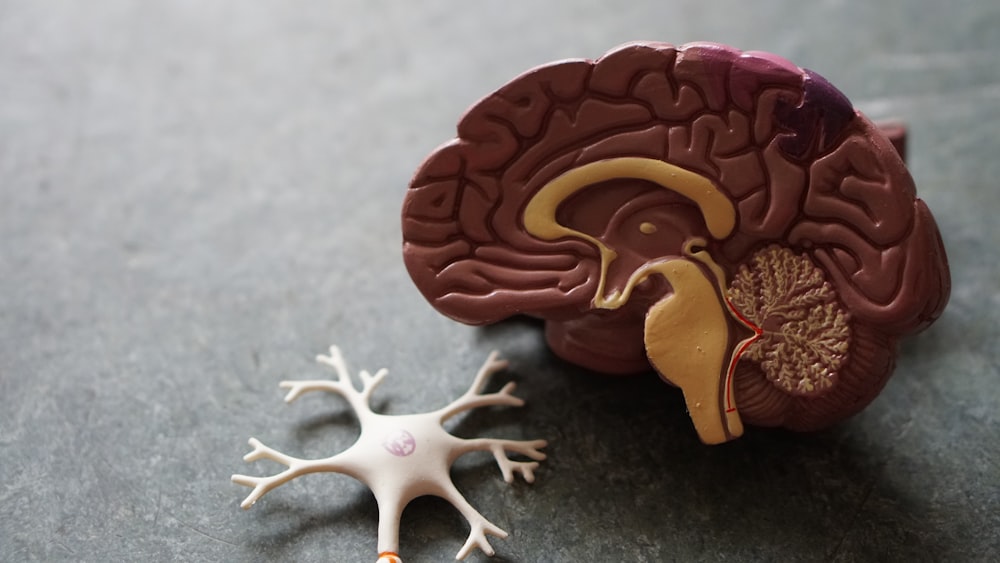Unlock Your Cognitive Potential: Cultivating a Sharp Brain
In today’s fast-paced world, having a sharp brain is essential for success in both personal and professional endeavors. From tackling complex problems to staying focused and alert, our cognitive abilities play a crucial role in navigating the challenges of everyday life. Fortunately, there are various strategies and techniques that can help unlock your cognitive potential and cultivate a razor-sharp mind.
Understanding the Importance of Mental Sharpness
Before diving into the strategies for sharpening your brain, it’s important to understand why mental sharpness matters. A sharp brain enables you to think quickly, solve problems efficiently, and adapt to new situations with ease. Whether you’re a student preparing for exams, a professional navigating the demands of the workplace, or an individual seeking to maintain cognitive vitality as you age, having a sharp mind is key to achieving your goals and living a fulfilling life.
Exercise Your Brain Regularly
Just like physical exercise is essential for maintaining physical health, regular mental exercise is crucial for keeping your brain sharp. Engage in activities that challenge your cognitive abilities, such as puzzles, brain teasers, and memory games. These activities stimulate neural pathways, improve cognitive function, and enhance overall brain health. Additionally, learning new skills or hobbies can help keep your brain sharp by promoting neuroplasticity – the brain’s ability to reorganize and form new connections.
Prioritize Quality Sleep
Sleep is essential for brain health and cognitive function. During sleep, the brain consolidates memories, processes information, and repairs cellular damage. Chronic sleep deprivation can impair cognitive function, affecting your ability to focus, concentrate, and make decisions. Aim for 7-9 hours of quality sleep per night to ensure optimal brain function. Establishing a consistent sleep schedule, creating a relaxing bedtime routine, and optimizing your sleep environment can help improve the quality of your sleep and enhance cognitive performance.
Fuel Your Brain with a Healthy Diet
What you eat directly impacts your brain health and cognitive function. A diet rich in brain-boosting nutrients, such as omega-3 fatty acids, antioxidants, vitamins, and minerals, can help nourish your brain and support optimal cognitive function. Incorporate foods like fatty fish, nuts, seeds, leafy greens, berries, and whole grains into your diet to provide your brain with the nutrients it needs to thrive. Additionally, staying hydrated is important for brain function, so be sure to drink plenty of water throughout the day.
Practice Mindfulness and Stress Management
Chronic stress can take a toll on your brain, affecting cognitive function and increasing the risk of mental health problems. Practicing mindfulness techniques, such as meditation, deep breathing exercises, and progressive muscle relaxation, can help reduce stress levels, improve mood, and enhance cognitive clarity. By cultivating a regular mindfulness practice, you can train your brain to stay focused and resilient in the face of stressors, promoting overall mental well-being.
Stay Physically Active
Physical exercise doesn’t just benefit your body – it also has profound effects on brain health and cognitive function. Regular exercise increases blood flow to the brain, stimulates the release of neurotransmitters that support mood and cognition, and promotes the growth of new brain cells. Aim for at least 150 minutes of moderate-intensity exercise per week, such as brisk walking, cycling, or swimming, to reap the cognitive benefits of physical activity. Incorporating strength training exercises into your routine can also help improve cognitive function and protect against age-related cognitive decline.
Cultivate Social Connections
Human connection is essential for brain health and overall well-being. Engaging in meaningful social interactions, spending time with loved ones, and participating in group activities can help stimulate cognitive function, boost mood, and reduce the risk of cognitive decline. Make an effort to cultivate and nurture your social connections, whether it’s through joining clubs or organizations, volunteering in your community, or simply spending time with friends and family. Building a strong social support network can provide emotional resilience and cognitive enrichment, contributing to a sharper brain and a fulfilling life.
Stay Curious and Keep Learning
Curiosity is the fuel that drives intellectual growth and keeps the brain sharp. Cultivate a lifelong love of learning by exploring new topics, seeking out new experiences, and challenging yourself to step outside of your comfort zone. Whether it’s taking up a new hobby, learning a new language, or enrolling in a continuing education course, embracing curiosity and intellectual curiosity can help keep your brain engaged, agile, and adaptable. Remember, the brain is a muscle that thrives on stimulation and challenge – the more you use it, the sharper it becomes.
Conclusion
In conclusion, cultivating a sharp brain is essential for success, happiness, and overall well-being. By prioritizing mental exercise, quality sleep, a healthy diet, stress management, physical activity, social connections, and lifelong learning, you can unlock your cognitive potential and achieve peak mental performance. Incorporate these strategies into your daily life to keep your brain sharp, agile, and ready to tackle whatever challenges come your way. Read more about sharp brain




